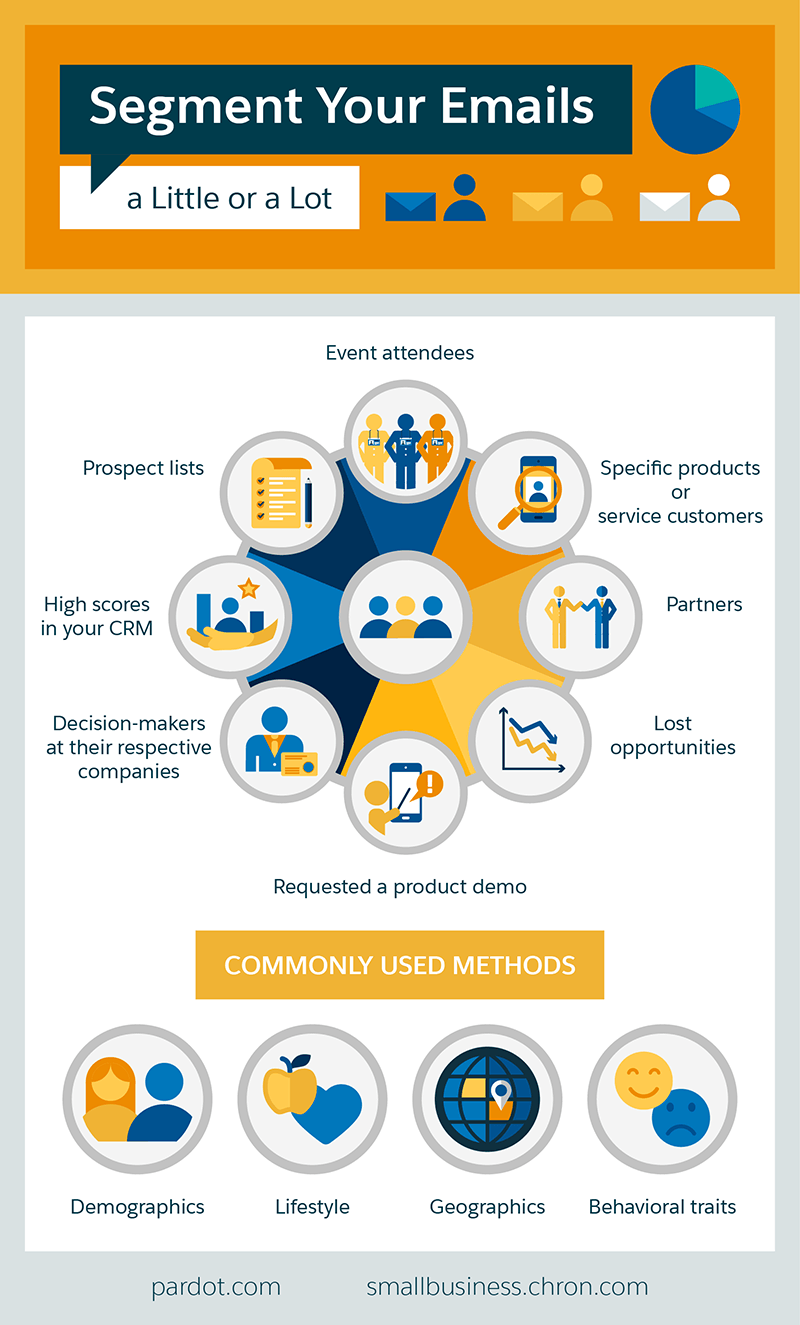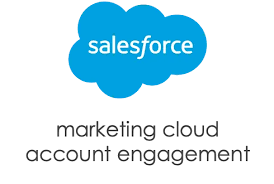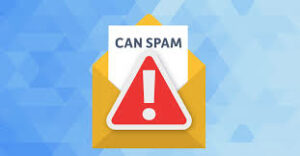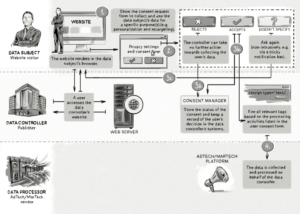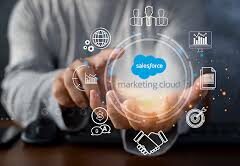Mastering Small Business Email Marketing: A Comprehensive Guide
Content serves is still king in the link between your brand and its audience. Compelling emails not only foster trust but also inspire action among subscribers, prospects, and customers.
Email remains the cornerstone of marketing for small businesses. In this insight we explore ways to leverage its full potential.
Small businesses often enjoy a closer rapport with their clientele compared to larger enterprises. While this intimacy can cultivate customer loyalty, it also elevates customer expectations. This is precisely where email marketing for small businesses becomes an indispensable tool.
According to Gartner research, 64% of consumers and B2B buyers express feeling overwhelmed by brand communications. For small businesses, this presents an opportunity to craft email marketing campaigns that genuinely resonate with customers. Avoid email fatigue. Send quality emails less frequently.
Unlock the Power of Small Biz Email Marketing
You don’t need a hefty budget or an extensive marketing team to uncover more leads, enhance engagement, and boost revenue. Discover how leveraging the right email technology can yield significant returns for your small business.
So, how can you ensure that your email marketing efforts hit the mark for your target audience? Let’s dive into the details.
Importance of Email Marketing for Small Businesses
Establishing meaningful connections with your audience poses a challenge for any business, particularly those with modest budgets and staff sizes. Email marketing offers unparalleled versatility, amplifying your brand’s voice and delivering tangible results at minimal costs. When these communications are personalized and targeted they become conversations with trusted friends.
With email marketing, you can establish direct connections with your customers without straining your budget and resources. Tailoring content ensures that each message resonates with the intended audience, allowing you to track results and refine your approach over time.
Automation streamlines processes, freeing up valuable resources that small businesses rely on. Moreover, email marketing isn’t solely about driving sales; it’s about nurturing enduring relationships.
For instance, imagine owning a high-end, rare bookstore. Your email newsletter can feature updates on the latest book arrivals and exclusive discounts for loyal customers. Segmenting your audience based on preferences enables you to tailor messages for enhanced relevance.
As your subscriber base expands, so does your revenue. Engaged customers become advocates, organically expanding your reach. Through consistent email communication, you’re not merely selling books; you’re fostering a book community loyal to your brand.
Key Strategies for Successful Email Marketing
You don’t need a full-fledged marketing team or a substantial budget to attract and retain customers. Email marketing for small businesses relies on simple yet effective tactics for success.
Build Your Email List:
Focus on cultivating a targeted email list to ensure that your messages reach the right audience. Understand your audience’s preferences to foster engagement and loyalty.
Develop a Compelling Content Strategy:
Craft compelling content that builds trust and encourages action. Tailor your emails to address customer needs and interests, offering valuable resources and exclusive promotions.
Maintain Deliverability:
Ensure that your emails reach their intended recipients by adhering to deliverability best practices. Maintain a clean subscriber list, avoid spam-triggering content, and utilize authentication protocols.
Metrics for Measuring Email Marketing Success
Effective email marketing hinges on tracking key metrics to gauge performance accurately. Here are the essential KPIs to monitor:
Click-Through Rates (CTR): Measure the effectiveness of your email content by tracking the percentage of recipients who click on your links.
Engagement Rates: Assess customer engagement levels to determine the resonance of your content and messaging.
Subscription Growth: Monitor the growth of your subscriber base to gauge the effectiveness of your acquisition strategies.
Conversions: Track the number of recipients who take desired actions, such as making a purchase or signing up for a service.
Personalization and Segmentation in Email Marketing
Personalization and segmentation play pivotal roles in small business email marketing, enabling tailored communication and enhanced customer engagement.
Personalization entails customizing content for individual subscribers to convey value and foster a sense of connection. Segmentation involves categorizing your audience based on various characteristics or preferences to deliver more targeted messaging.
For instance, a local pizza shop can leverage data and AI to recommend personalized pie options for customers, fostering a unique pizza eating journey. Email drips automate sequences of emails tailored to each subscriber’s preferences, nurturing relationships and encouraging action.
Segmentation allows businesses to categorize customers into groups based on behavior or preferences, enabling targeted promotions and tailored support. Machine learning algorithms enhance segmentation by identifying nuanced segments within the audience, leading to more personalized communication.
Harnessing AI for Email Marketing
Generative and predictive AI offer significant advantages for small businesses seeking to streamline their marketing efforts and drive growth.
Generative AI revolutionizes content creation by producing dynamic and personalized email content at scale. Small business owners can leverage AI to craft compelling copy tailored to individual customer preferences, freeing up time for strategic planning.
Predictive AI optimizes email send times by analyzing customer behavior and sending emails when recipients are most likely to engage. This proactive approach enhances email effectiveness and customer satisfaction.
Best Practices for Small Business Email Marketing
Small business email marketing thrives on fostering meaningful connections with customers. Here are some best practices to enhance engagement and drive results:
Know Your Customers: Develop detailed customer personas to understand your audience better and tailor your messaging accordingly.
Use Compelling Subject Lines: Craft clear and concise subject lines that convey value and encourage opens.
Conduct A/B Testing: Experiment with different elements of your email campaigns to refine your approach and maximize effectiveness.
Be Mobile-Friendly: Prioritize mobile-responsive design to ensure that your emails are accessible and compelling on all devices.
Build Subscriptions: Incentivize sign-ups and offer exclusive content or discounts to encourage subscription growth.
Common Mistakes to Avoid
Despite following best practices, small businesses must steer clear of common pitfalls in email marketing:
Overwhelming Subscribers: Avoid bombarding subscribers with daily email blasts, which can lead to opt-out rates and subscriber fatigue.
Lack of Clarity: Ensure that your messaging is clear and avoids clever wordplay that may confuse recipients.
Neglecting Mobile Optimization: Prioritize mobile responsiveness to maximize reach and impact.
Impersonal Communication: Address recipients by their names and avoid generic salutations like “Dear Customer” to foster a sense of connection.
Ignoring Analytics: Monitor email metrics regularly to identify areas for improvement and refine your strategy accordingly.
As small businesses navigate the evolving landscape of email marketing, personalized and targeted communication remains paramount. By cultivating strong connections through permission-based marketing, small businesses can thrive and foster long-term customer relationships.
Elevate Your Small Business Marketing
Discover how Marketing Cloud Growth Edition empowers small businesses with advanced data and AI capabilities to create impactful campaigns.

